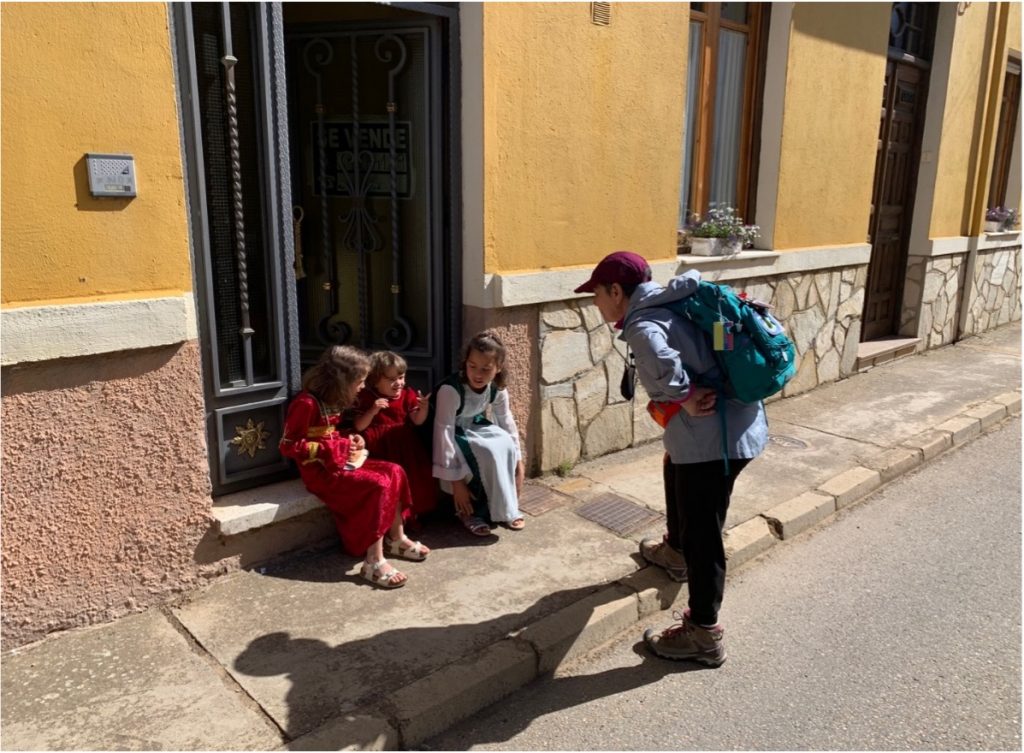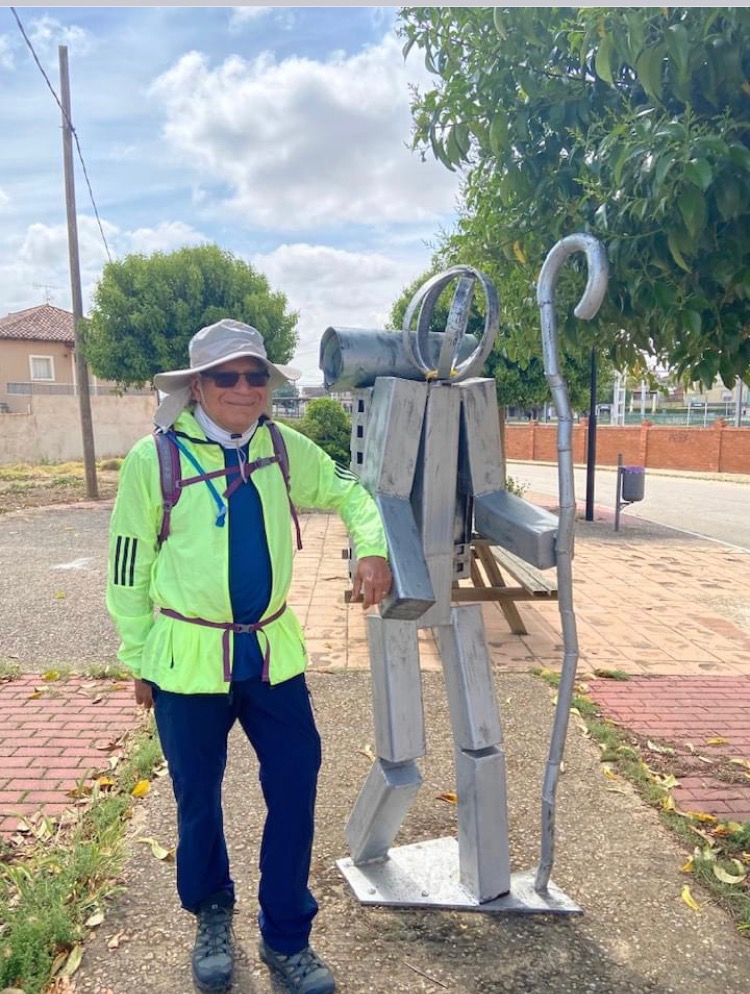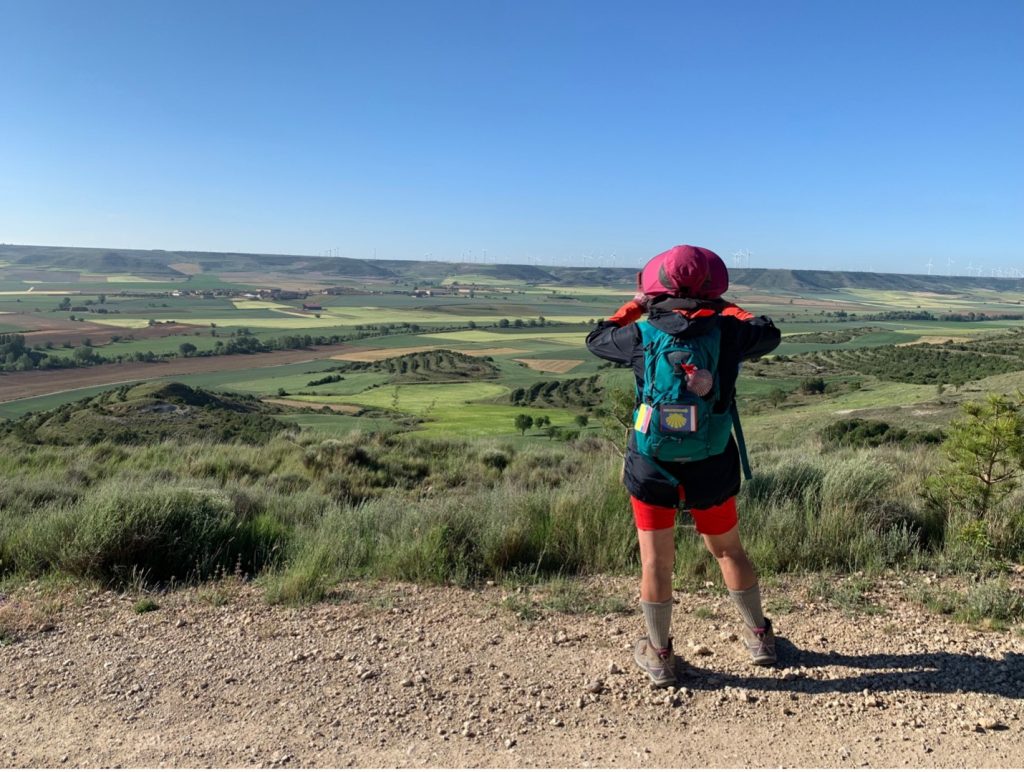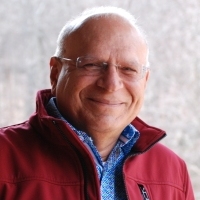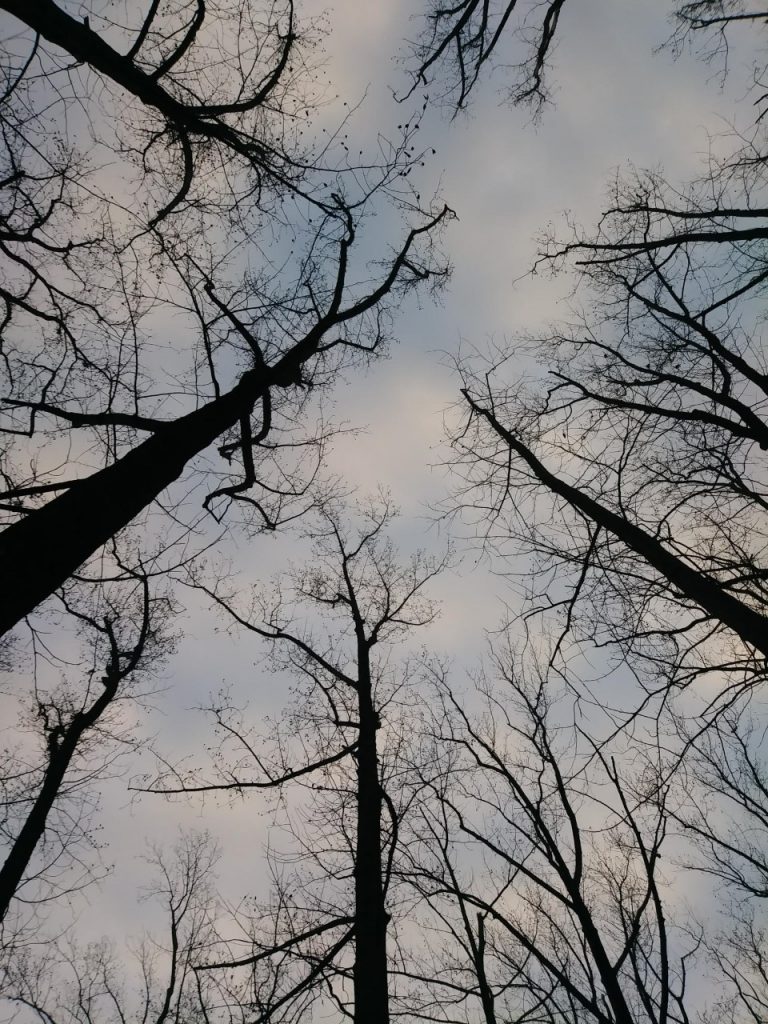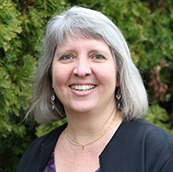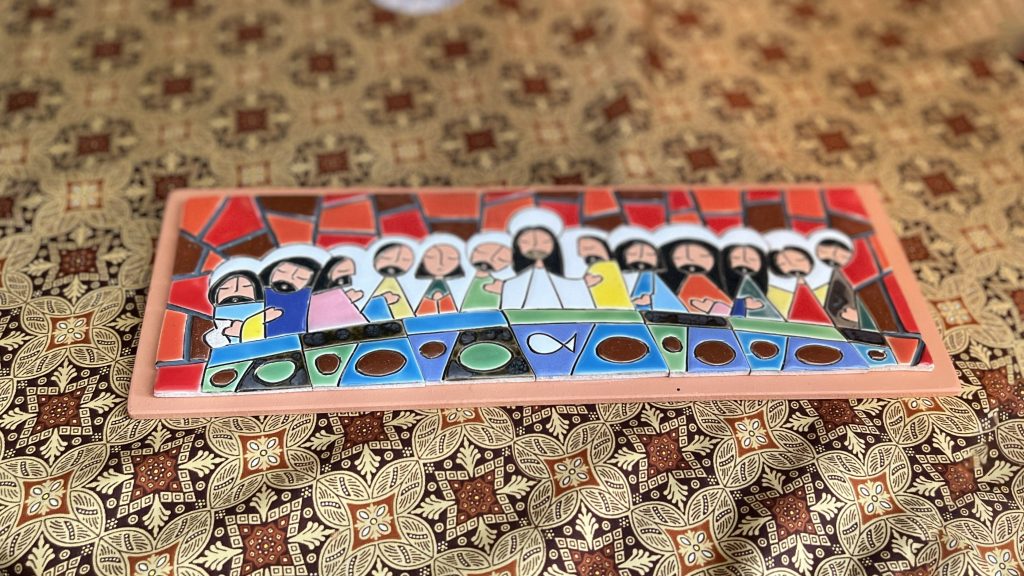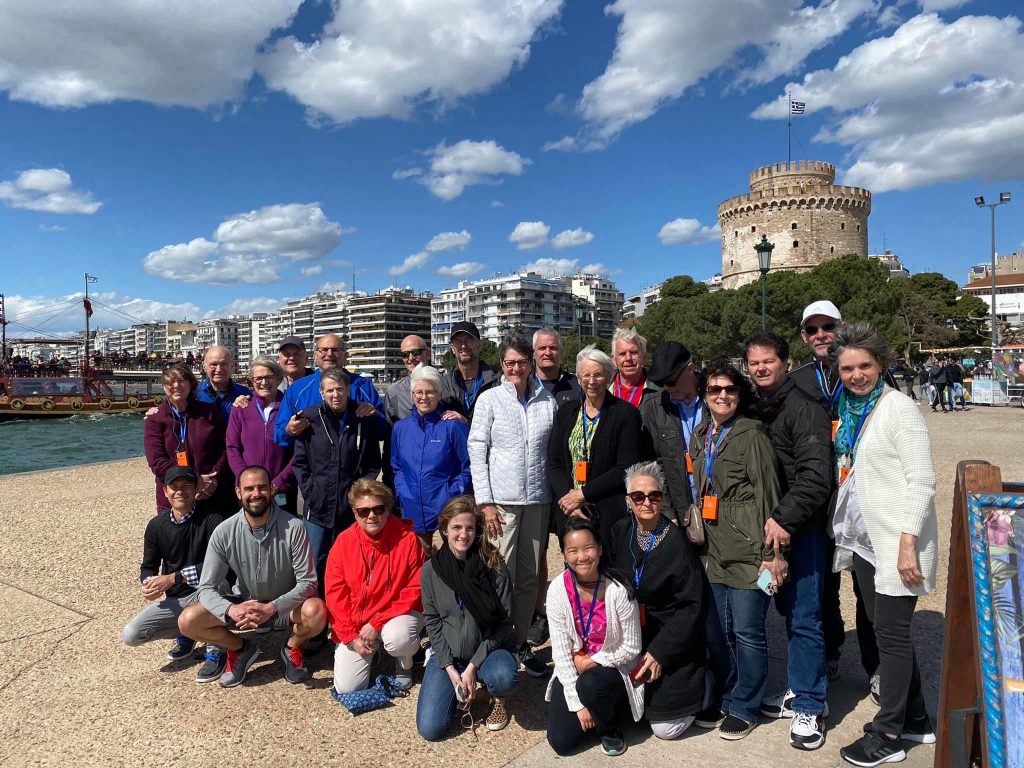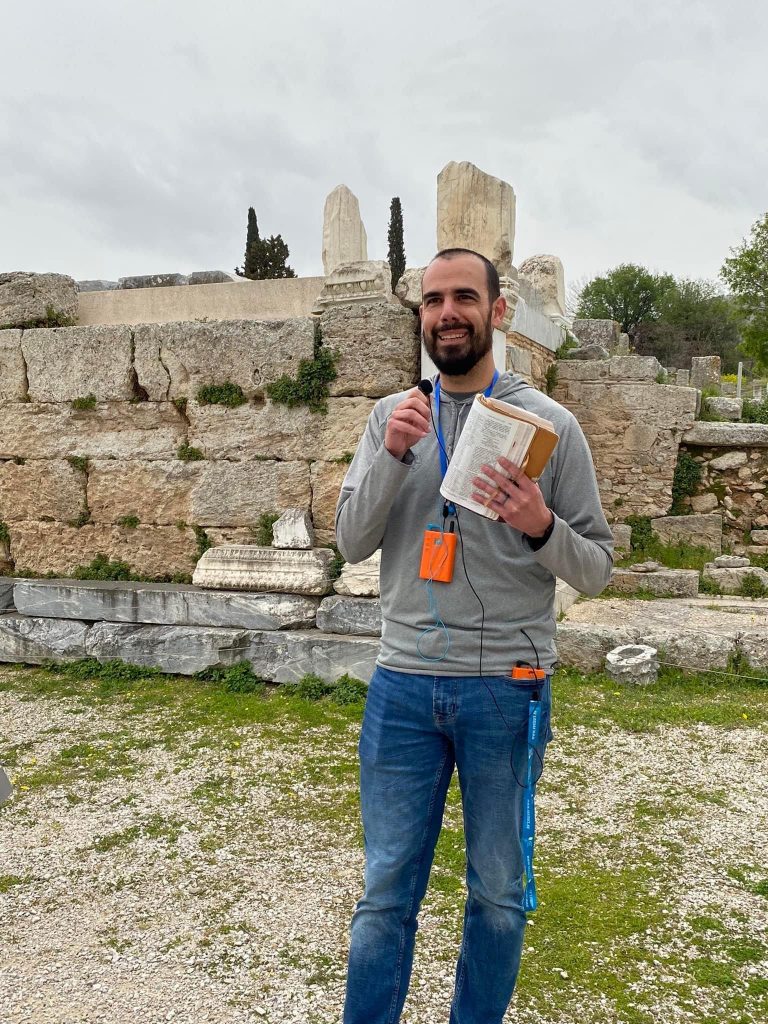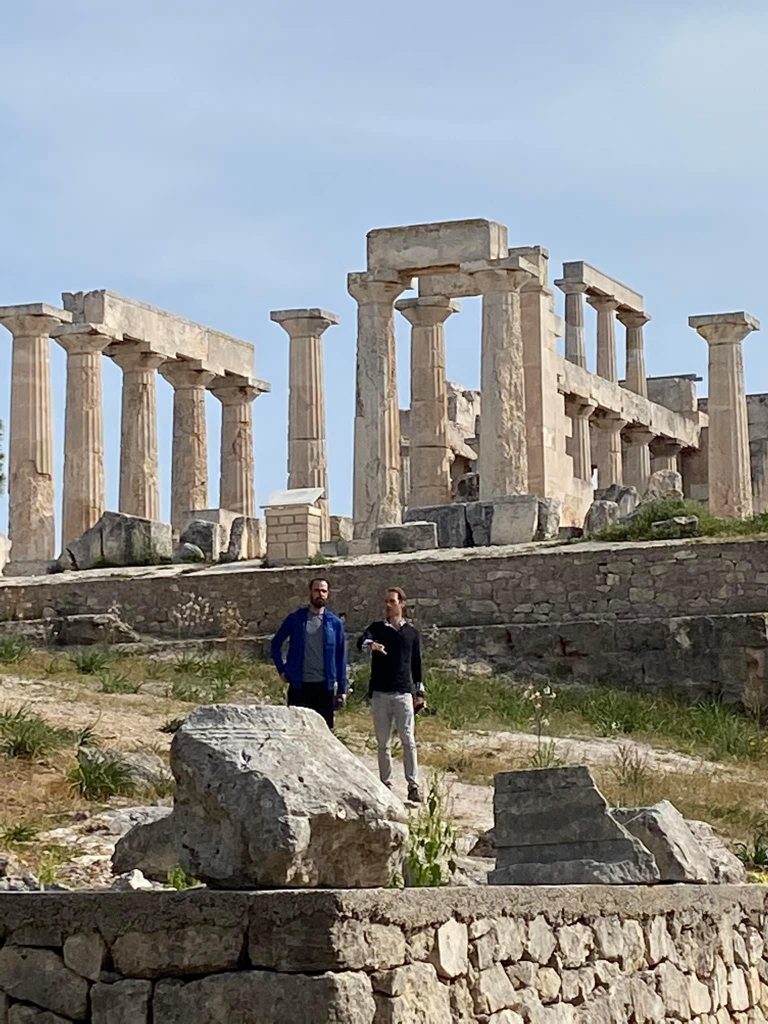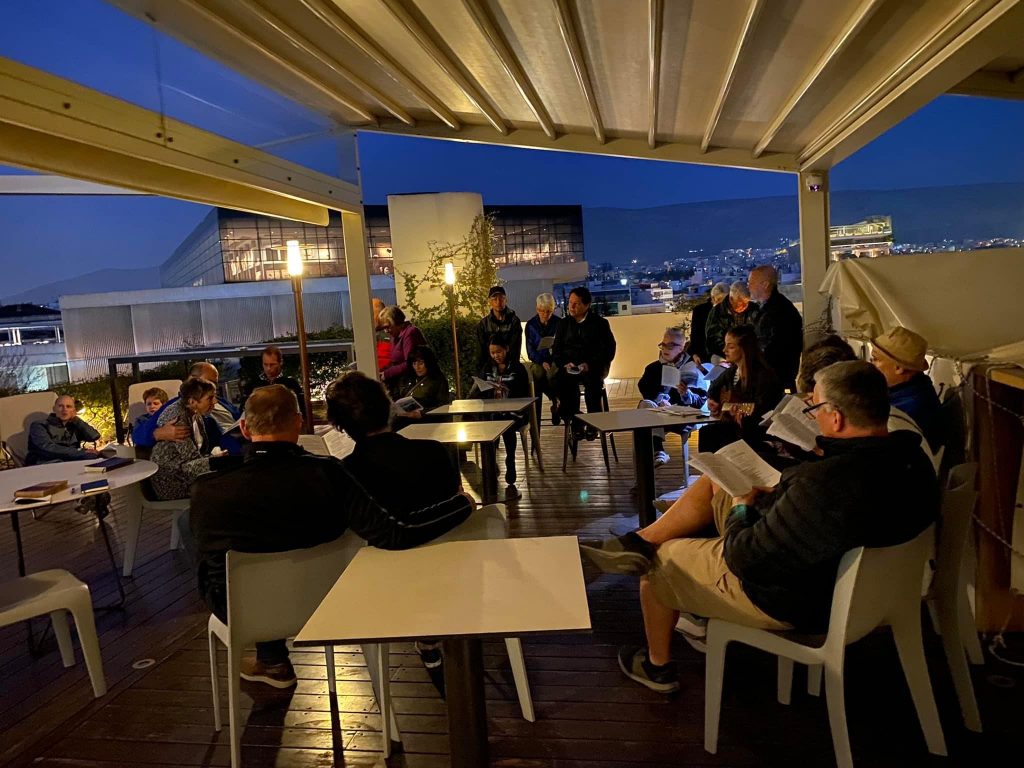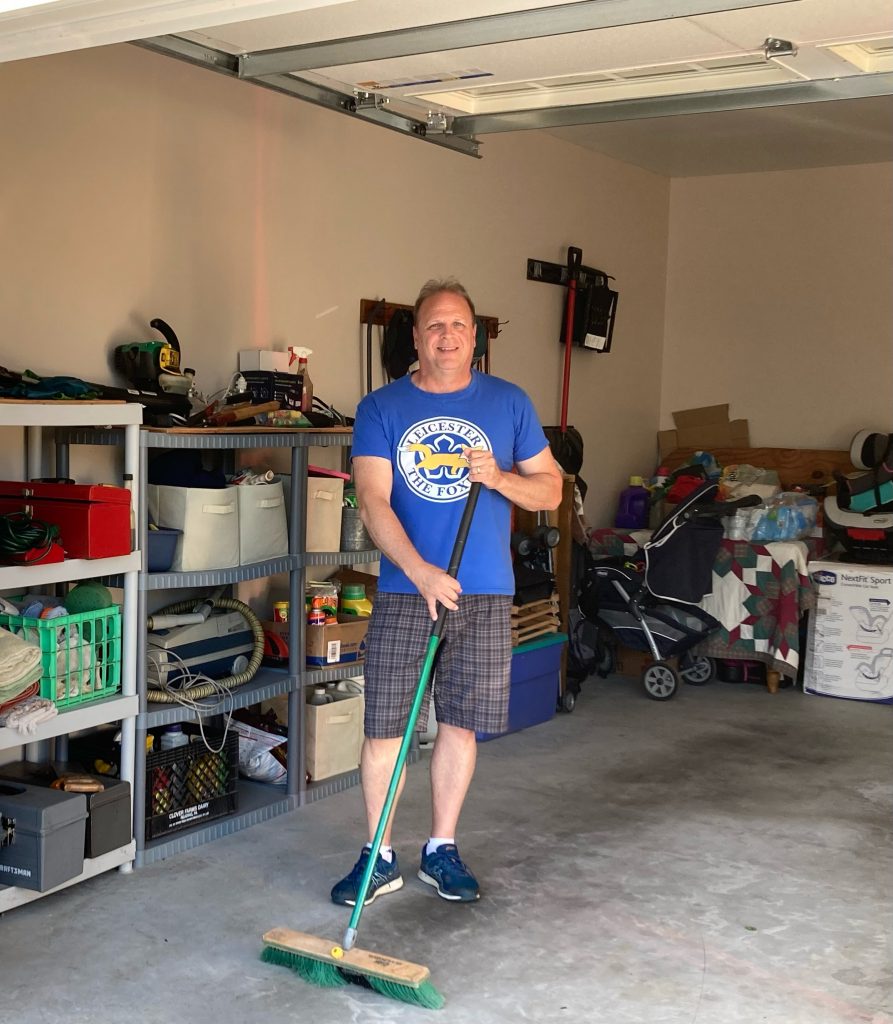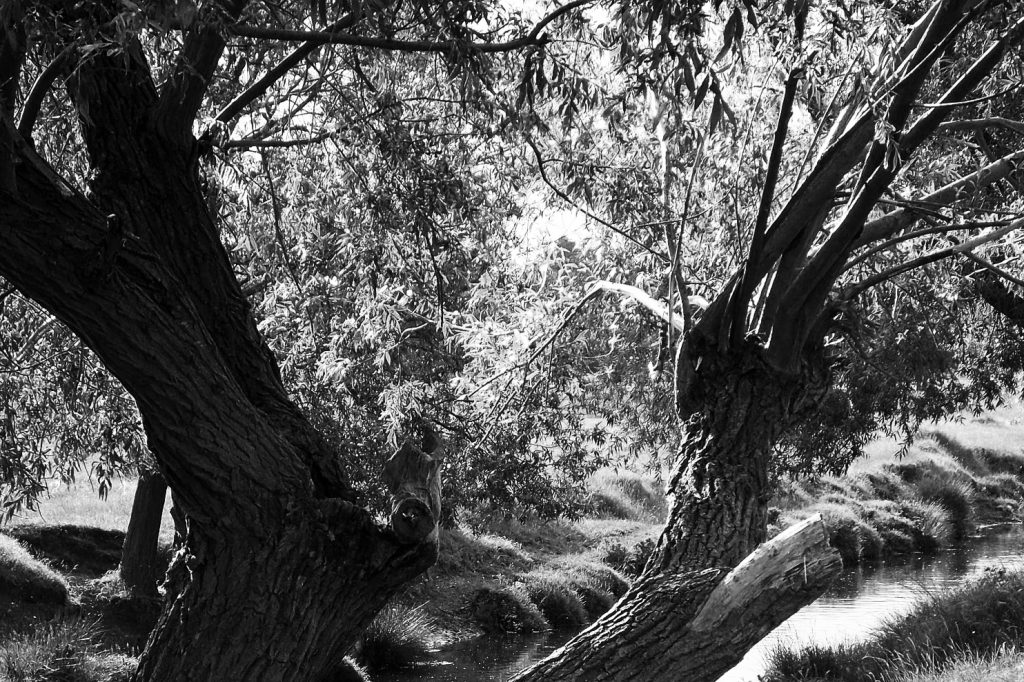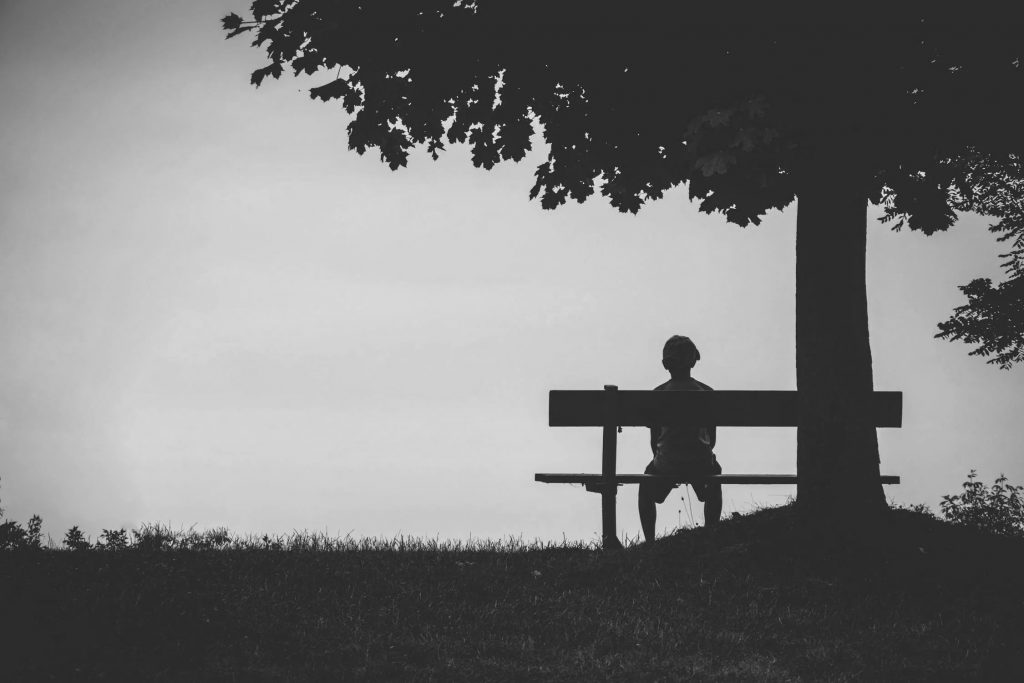By Jaye Lindo
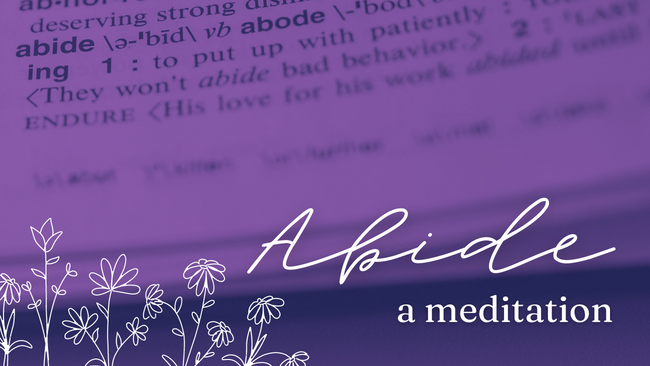
Do you ever hear a word that touches you so deeply, but you can’t really grasp its fullness? Only if you sit with it can you get a little glimpse of what the writer really means. Only when you have stillness in your spirit can you minimally sense the essence. We can use Google to understand the origin, lineage, and root of a word.
Abide: to remain; continue; stay (from Old English)
John 15:5 says, “I am the vine, you are the branches. Those who abide in me and I in them bear much fruit, because apart from me you can do nothing” (NRSV).
Abide. Just sit with it. Abide.
Pause.
“I am the vine, you are the branches. Those who abide in me and I in them bear much fruit, because apart from me you can do nothing“
John 15:5
The verse says, “Those who abide in me.” God uses abide to remind us to stay connected to God. Abide in Me, and I abide in you.
Yes, Jesus, I desire for us to abide together.
I thank you, Lord, for our abiding in each other. Without you abiding in me
I can do nothing.
Abide. It sounds so comforting, so peaceful.
How do we abide in God and allow God to abide in us? Abide through your situation. Abide when life turns your world upside down. Abide when your heart is broken. Abide when you are afraid; abide when you are unsure of what to do.
Abide.
Just sit in it. Breathe through it.
Abide. Allow the peace to overwhelm your heart and your situation.
I am the vine; you are the branches. As branches, we reach outward and upward to connect to other living branches in the vine. We connect living people to the place where they can abide.
How many of us, as branches, really sit and listen as we abide?
Do we listen in Bible study, abide as we share our testimonies, abide in community of church fellowship, abide while being a neighbor, abide while growing in our faith?
John 15:5-8 says, “I am the Vine, you are the branches. When you’re joined with me and I with you, the relation intimate and organic, the harvest is sure to be abundant. Separated, you can’t produce a thing. Anyone who separates from me is deadwood, gathered up and thrown on a bonfire. But if you make yourselves at home with me and my words are at home in you, you can be sure that whatever you ask will be listened to and acted upon. This is how my Father shows who he is–when you produce grapes, when you mature as my disciples” (The Message).
If we are branches that neglect the opportunities to abide, are we nothing but sticks? Sticks are disconnected from the vine and the other branches.
The branches abide and thrive and extend love, the love of our Savior and the love our lives. We can only fulfill the promises of the Father if we abide. Sometimes we abide alone, but abiding is best when we abide together!
Let’s abide, family.
Abide.
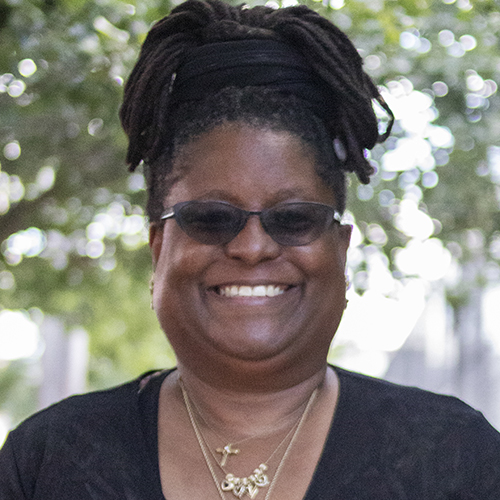
Jaye Lindo
Jaye Lindo is the Leadership Development Associate for Mosaic Conference. She also serves as Pastor of 7 Ways Home Fellowship in Bowie, MD.

